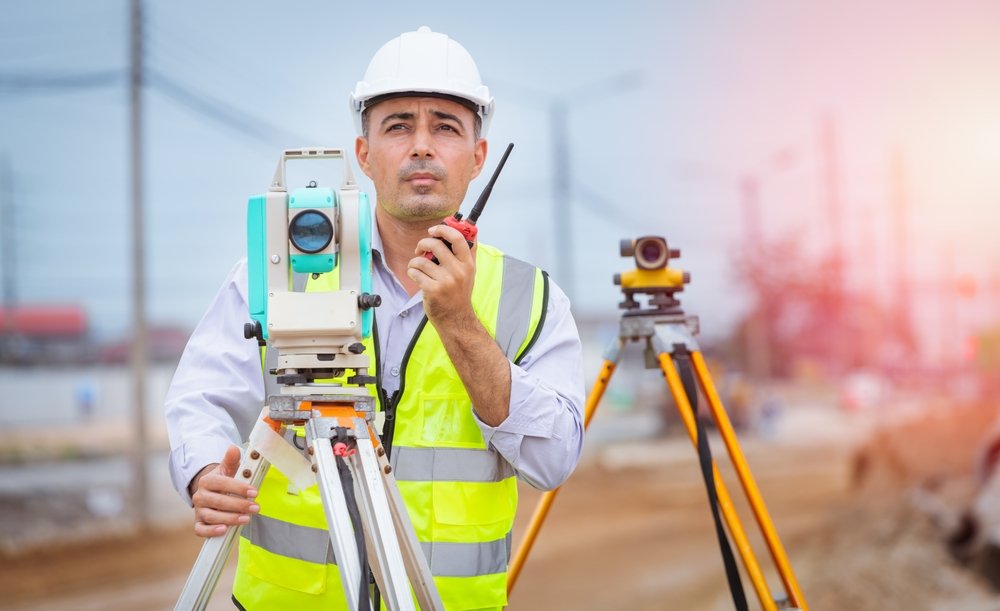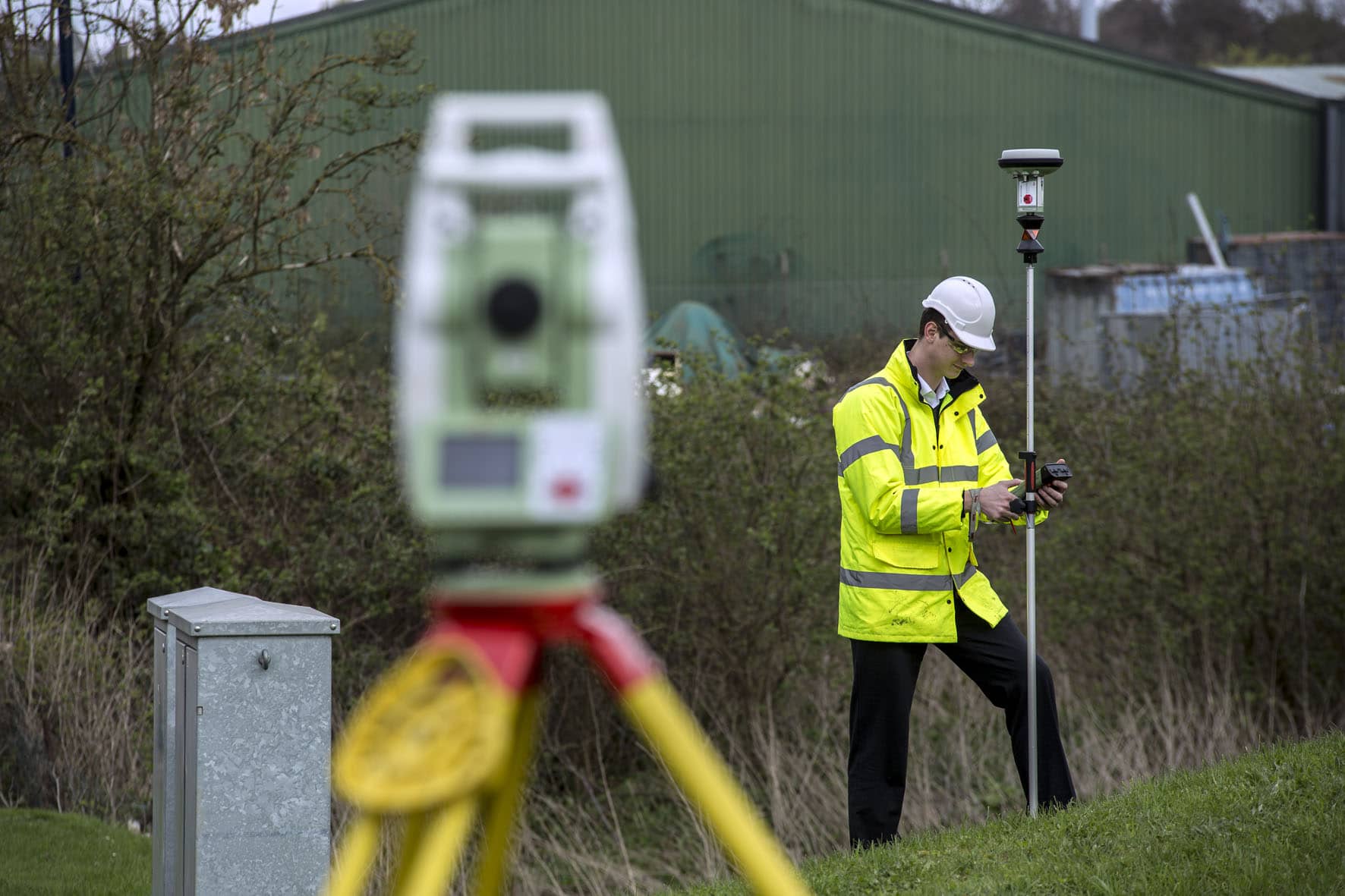The Importance of Setting Out Engineering in Construction Projects
The Importance of Setting Out Engineering in Construction Projects
Blog Article
Crucial Tools and Techniques in Laying Out Design
The self-control of establishing out engineering relies heavily on a suite of important devices and techniques that underpin the precision and efficiency of task implementation. What effects does this hold for future design techniques?
The Significance of Accurate Measurements

The relevance of exact dimensions extends past plain conformity; they are important to the general efficiency of engineering processes. Inaccuracies can result in material waste, task delays, and enhanced labor costs, eventually impacting the job's lower line. Additionally, precise measurements improve the high quality of the end product, guaranteeing that it performs as meant and satisfies the assumptions of stakeholders - setting out engineering.
Furthermore, the significance of accurate dimensions is evident in various design self-controls, including civil, mechanical, and electrical engineering. Therefore, promoting a culture that prioritizes precision is vital for the future of engineering.
Vital Devices for Establishing Out
Laying out, an essential phase in the engineering and building procedure, counts heavily on particular devices that ensure accurate area and placement of frameworks. Amongst these tools, the land surveyor's level attracts attention, giving accurate horizontal dimensions crucial for establishing reference points. This instrument allows designers to establish elevation modifications and preserve harmony throughout the task site.
The overall station is one more vital device, integrating digital range measurement with angular dimension capabilities. This modern technology boosts effectiveness and precision in recording spatial information, permitting reliable site layout and preparation.
In addition, making use of gauging tapes and marking devices, such as chalk lines or risks, is essential for momentarily marking borders and crucial points on the website. These basic tools, though simple, are vital for making certain clear communication among the building team concerning job specs.
Lastly, general practitioner technology has gotten grip in establishing out procedures, supplying real-time positioning information and significantly boosting precision over standard techniques. Jointly, these essential devices form the backbone of effective setting out methods, ultimately adding to the successful implementation of design and construction jobs.
Advanced Surveying Methods
Advanced surveying strategies play an essential function in improving the accuracy and efficiency of design jobs. These strategies encompass a series of methods that provide precise data for style and construction. Typical techniques, such as progressing and triangulation, have developed into extra innovative techniques, consisting of Overall Terminal studies and Global Navigating Satellite Equipment (GNSS)
Overall Terminal tools incorporate digital theodolites with range dimension capabilities, allowing surveyors to accumulate accurate location information with excellent speed. This technology significantly minimizes errors related to manual dimensions and provides real-time data handling. In addition, GNSS offers unparalleled accuracy for massive projects by using satellite signals to determine exact positioning, which is important for lining up frameworks and ensuring compliance with layout specifications.
In enhancement to these tools, progressed methods likewise integrate geospatial evaluation and 3D modeling. These techniques allow engineers to imagine terrain and site Home Page problems better, promoting far better decision-making during the preparation phase. By utilizing these innovative evaluating techniques, design projects can achieve better precision in design, decrease rework, and ultimately boost general project success.
Digital Technology in Design
The combination of electronic modern technology has revolutionized design practices, enhancing both performance and precision throughout various self-controls. Devices such as Structure Info Modeling (BIM) assist in the visualization and administration of intricate tasks, allowing designers to collaborate seamlessly and make educated decisions. This innovation enables the development of thorough 3D designs, which can be examined for architectural integrity and effectiveness before construction starts.

The application of expert system and equipment discovering in design processes further boosts anticipating maintenance and optimization of resources. These innovations allow the evaluation of substantial information sets, causing better projecting and improved project end results. In general, digital modern technology is improving the design landscape, driving innovation, and making certain that tasks are completed with higher effectiveness and decreased threat. As the sector remains to progress, welcoming these devices will be important for future success.
Ideal Practices for Application
When applying electronic modern technology in engineering, it is essential to develop a critical strategy that straightens with job objectives and organizational abilities. A detailed assessment of existing operations and technology infrastructure is important to recognize spaces and chances for renovation. Engaging stakeholders early in the procedure cultivates cooperation and guarantees that the innovation meets user demands.

Job managers ought to adopt a repetitive execution technique, permitting modifications based upon real-time feedback and performance evaluations. This nimble strategy not only mitigates risks yet additionally promotes continuous improvement by integrating lessons found out.
Final Thought
In final thought, the integration of essential tools and progressed methods in establishing out engineering is important for guaranteeing accuracy in dimensions and effective project execution. Utilizing instruments such as visit the site property surveyor's degrees, total terminals, and GPS technology, alongside modern-day surveying methods, enhances accuracy and reduces the probability of mistakes. Embracing ideal methods in application better enhances these processes, eventually promoting enhanced job end results in the engineering and building and construction sectors.
The self-control of establishing out design depends greatly on a collection of essential devices and techniques that underpin the precision and efficiency of job implementation.Additionally, the significance of exact measurements is noticeable in numerous design self-controls, consisting of civil, mechanical, and electric design. By utilizing these advanced evaluating methods, design projects can accomplish higher precision in format, minimize rework, and inevitably enhance general task success.
Overall, electronic innovation is reshaping the engineering landscape, driving technology, and ensuring that tasks are completed with higher effectiveness and minimized risk (setting out engineering).In verdict, the combination of important devices and advanced methods in establishing out design is important for making certain precision in dimensions and successful project execution
Report this page